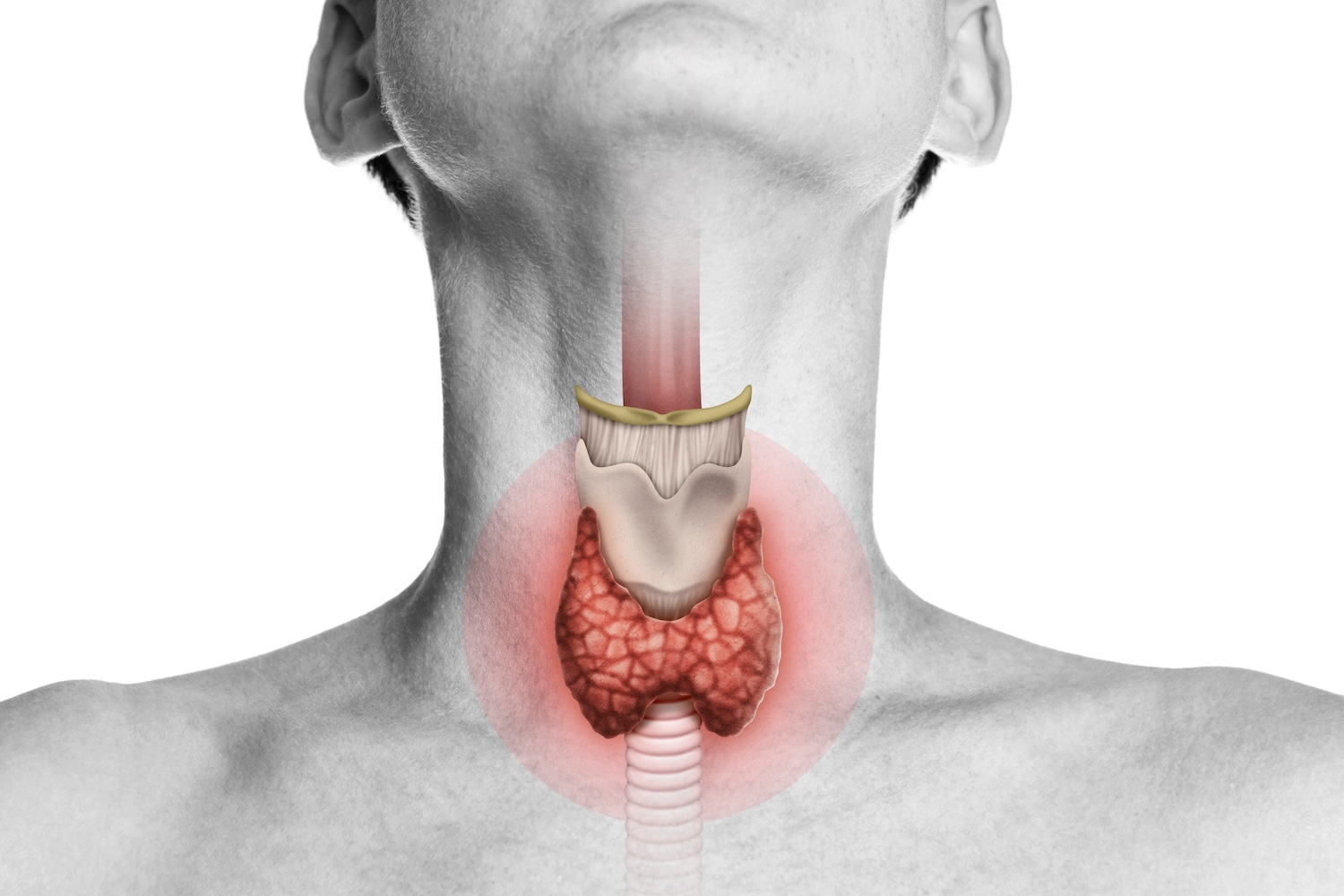Why Are So Many Women Impacted by Thyroid Disorder?
Eighty percent of thyroid disorders are diagnosed in women. While some attribute this disparity to men’s reluctance to seek medical care (a 2019 survey found that 72 percent of men would rather do household chores than visit the doctor), the complexity of thyroid function plays a significant role. The thyroid’s delicate feedback loop influences various body systems, and women undergo several hormonal transitions—including menopause and pregnancy—that make them more vulnerable to thyroid dysfunction compared to men.
Why Are So Many Women Impacted by Thyroid Disorder?
Eighty percent of thyroid disorders are diagnosed in women. While some attribute this disparity to men’s reluctance to seek medical care (a 2019 survey found that 72 percent of men would rather do household chores than visit the doctor), the complexity of thyroid function plays a significant role. The thyroid’s delicate feedback loop influences various body systems, and women undergo several hormonal transitions—including menopause and pregnancy—that make them more vulnerable to thyroid dysfunction compared to men.
Understanding The Thyroid’s Function
The thyroid gland, a butterfly-shaped organ situated at the base of the neck, plays a crucial role in the body by secreting hormones that regulate growth, development, metabolism, and body temperature. The primary hormones produced by the thyroid are thyroid-stimulating hormone (TSH), triiodothyronine (T3), and thyroxine (T4).
Thyroid dysfunction can significantly reduce quality of life and increase the risk of various illnesses, as the hormones it produces affect nearly every cell in the body.
Thyroid Function Testing
Typically, TSH (thyroid-stimulating hormone) levels are tested to evaluate thyroid gland function. In standard medical practice, if TSH levels fall outside the normal range, a diagnosis of thyroid dysfunction is made. This includes hypothyroidism, where TSH levels are too low, and hyperthyroidism, where TSH levels are too high.
Signs & Symptoms
of Thyroid Disorder:
Trouble Sleeping
Tiredness and Fatigue
Difficulty Concentrating
Dry Skin and Hair
Depression
Sensitivity to Cold Temperature
Frequent, Heavy Periods
Joint and Muscle Pain
Being Nervous or Irritable
Mood Swings
Fatigue or Muscle Weakness
Heat Intolerance
Trouble Sleeping
Hand Tremors
Rapid and Irregular Heartbeat
Weight Loss
Goiter
Balancing Thyroid Levels with Hormone Replacement Therapy
Hormone replacement therapy (HRT) offers significant benefits for menopausal women, including alleviation of symptoms like hot flashes, night sweats, mood swings, and vaginal dryness, while also preventing osteoporosis by maintaining bone density. Additionally, HRT can improve mood, cognitive function, and skin health, and may lower the risks of developing type 2 diabetes and heart disease. It’s essential for women to consult with their healthcare providers to tailor HRT based on their individual health needs and potential risks.
Balancing Thyroid Levels
with Hormone Replacement Therapy
Hormone replacement therapy (HRT) offers significant benefits for menopausal women, including alleviation of symptoms like hot flashes, night sweats, mood swings, and vaginal dryness, while also preventing osteoporosis by maintaining bone density. Additionally, HRT can improve mood, cognitive function, and skin health, and may lower the risks of developing type 2 diabetes and heart disease. It’s essential for women to consult with their healthcare providers to tailor HRT based on their individual health needs and potential risks.

